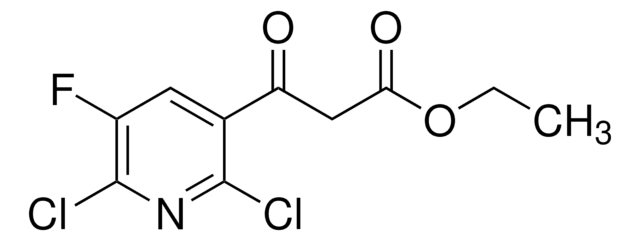493732
1,4-Butanediol
ReagentPlus®, 99%
Synonym(s):
1,4-Butylene glycol, Tetramethylene glycol
About This Item
Recommended Products
vapor density
3.1 (vs air)
Quality Level
product line
ReagentPlus®
assay
99%
form
solid or viscous liquid
autoignition temp.
698 °F
refractive index
n20/D 1.445 (lit.)
bp
230 °C (lit.)
mp
16 °C (lit.)
density
1.017 g/mL at 25 °C (lit.)
functional group
hydroxyl
SMILES string
OCCCCO
InChI
1S/C4H10O2/c5-3-1-2-4-6/h5-6H,1-4H2
InChI key
WERYXYBDKMZEQL-UHFFFAOYSA-N
Looking for similar products? Visit Product Comparison Guide
Related Categories
Application
- Homoallyl alcohol (3-buten-1-ol) and tetrahydrofuran via vapor-phase dehydration using ZrO2 as a catalyst.
- Poly(1,4-butanediol succinate) polymer by reacting with succinic anhydride.
- Biodegradable homopolyesters [poly(butylene succinate) and poly(butylene adipate)] and copolyesters [poly(butylene succinate-co-butylene adipate)] by treating with succinic acid and adipic acid via esterification and deglycolization reaction.
- Poly(1,4-butyl sebacate) by polyesterification reaction with sebacic acid or its derivatives.
Legal Information
signalword
Warning
hcodes
Hazard Classifications
Acute Tox. 4 Oral - STOT SE 3
target_organs
Central nervous system
Storage Class
10 - Combustible liquids
wgk_germany
WGK 1
flash_point_f
273.2 °F - closed cup
flash_point_c
134 °C - closed cup
ppe
Eyeshields, Faceshields, Gloves, type ABEK (EN14387) respirator filter
Choose from one of the most recent versions:
Already Own This Product?
Find documentation for the products that you have recently purchased in the Document Library.
Customers Also Viewed
Our team of scientists has experience in all areas of research including Life Science, Material Science, Chemical Synthesis, Chromatography, Analytical and many others.
Contact Technical Service










